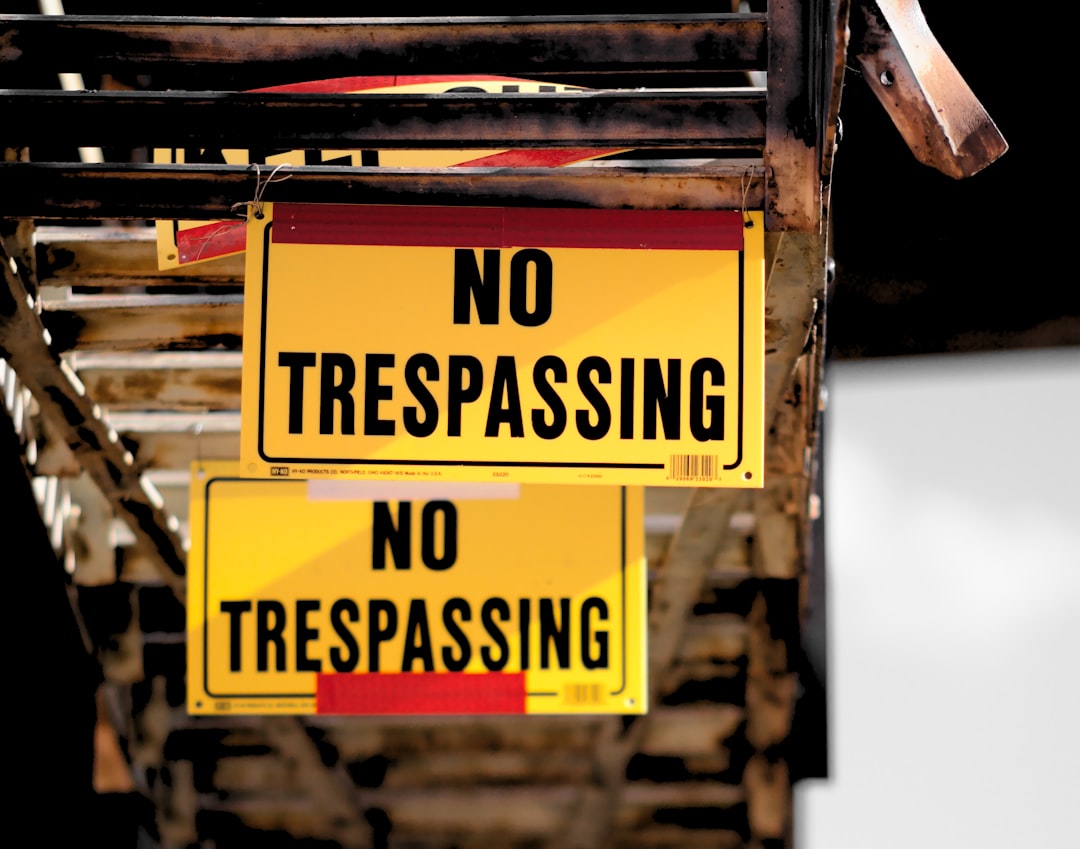Introduction
I woke up early this morning with a long to-do list in my head, but as soon as I arrived at work, my day quickly became derailed by constant notifications. Emails, messages, and calls kept piling up, demanding my attention and throwing me off track. While I am usually focused and leave my phone turned off for the first hour of work, the myriad of messages today came even before arriving at the office. It was a barrage of information, some important, some not, that created a rushed morning for me. Unfortunately, this story is all too common for many of us. Our days are bloated with work and life demands, leaving us feeling unproductive and unsatisfied. Despite our best efforts to plan and prioritize our days, unexpected tasks and interruptions can quickly throw us off course, and before we know it, we've spent the entire day putting out fires instead of making progress on our own goals.
To combat this issue, various productivity systems have been created, providing methods to prioritize work and minimize distractions. For instance, the 1-3-5 rule suggests assigning oneself one major task, three medium tasks, and five small tasks per day. Another approach is time blocking, where we allocate specific time frames to focus on particular tasks, avoiding distractions during that time. While these methods have proven effective for many workers, they can feel rigid and limiting to the different schedules in corporate or non-profit organizations.
Instead of committing to a specific system, it's crucial to find the best ideas that suit you, which may require experimentation and tweaking. However, regardless of the system you choose, there are three principles that will help you cultivate flow and make you stand out: set boundaries by saying no, prioritize your strengths, and focus on the essentials with a small menu. By focusing on what you do best, knowing when to say no to certain tasks or distractions, and focusing on the most important tasks at hand, you can achieve a more productive and fulfilling workday.

Boundaries
As technology advances, it's tempting to view AI as the solution to our focus issues. AI can process information and generate new ideas more efficiently than we can. However, we must remember that we have unique capabilities that machines cannot replicate. Our humanity is what sets us apart. Our bandwidth throughout the day is limited, so it's crucial to protect it. Setting boundaries that others cannot cross is the first of those protection mechanisms.
This morning, I was immediately confronted with a barrage of phone calls that demanded my attention before I could even sit down at my desk. One call stood out as an urgent matter that required immediate changes to my schedule. As important as it was, it took me nearly 45 minutes to solve and get to the bottom of the issue to create next steps. While urgent matters may demand our immediate attention, they are not as frequent as we might think. My wife often reminds me that just because it's someone else's emergency, it doesn't have to become mine. This principle has helped me establish boundaries around the work I do and prioritize planning. If something isn't planned or essential, it can wait. I've learned that it's always better to take the time to do something well, rather than rush through it just because it's labeled "important."
In addition to turning off my phone for the first hour of work, I've found that setting limits on the number of tasks I take on during a regular day has been a game-changer for my productivity. My approach is simple: I try not to take on more than five tasks per eight hours. This might include two email sessions, two meetings, and one project, for example. By limiting the number of tasks, I'm able to focus and deliver results that keep the organization moving forward. The key is to streamline my day and avoid context switching as much as possible. If an emergency arises, like the one I dealt with earlier today, I communicate with my superiors and prioritize the emergency while letting them know that other work will have to wait. I eliminate the unnecessary and keep my task list to the bare minimum of five. While the number is somewhat arbitrary, I've found that I'm able to maintain focus and momentum by limiting my task load in this way.

Strengths First
We all have tasks at work that we dislike or find challenging. It could be the daily check-in meeting, a sales pitch presentation, or mundane data entry. But instead of forcing ourselves to do them, I suggest taking action: either eliminate them, delegate them to someone else, or attend a training course to improve our skills. When we focus on tasks that aren't within our strengths, it drains us of our energy and attention, making us feel unfulfilled and unproductive. Instead, we should prioritize our strengths and delegate tasks that are not in our wheelhouse to others who can perform them more efficiently. This way, we can maximize our productivity and achieve our goals more effectively.
As someone who enjoys creating systems and leveraging automation and data collection, I was excited to take on a recent task that arose during a volunteer meeting. One of our volunteers asked about the process for onboarding and training new people interested in serving the community garden. The garden has been a staple of our organization for years, providing families with fresh vegetables and an opportunity to hone their farming skills. As leaders, we were initially stumped and found that nothing had been created in the past. Without hesitation, I assigned myself the task of researching and creating a process for new volunteers to join. It brought me joy and satisfaction throughout my day to gather input from the community and volunteers, and to develop a step-by-step funnel for attracting new families willing to care for and cultivate the garden plots. Within a week, I had made significant progress and was able to present a solid plan to the group.
Taking initiative around areas that bring you satisfaction is the best way to stay content at work. While we all have to deal with less passionate projects, I make sure that 60% or more of my everyday tasks complement my strengths and areas that I find most enjoyable. It's important to prioritize your strengths and work on tasks that bring you satisfaction. When you enjoy what you do, it's much easier to be productive and create a positive impact in your work. If you are not in a position of leadership or are new at work, communicate your strengths and excel when those tasks are assigned to you. In due time, this habit will create a positive feedback loop that will make you known for one or two tasks due to your expertise.

A Small Menu
While opinions about burger chains may vary, I firmly believe that In-N-Out is the best burger chain in America. It's not just the taste or the sourcing of ingredients that makes them stand out, but their unwavering commitment to simplicity. With a menu that has remained unchanged for years, I can confidently walk into any In-N-Out location on the West Coast (who has time to wait in the drive-thru?) and order with ease. They excel at providing a consistent experience across all their locations, whether I'm in California or Colorado, and their animal style fries are always the same. This principle of simplicity and consistency can also be applied to our work. By focusing on a narrow set of services that we know we can succeed at, we can attract new clients and deliver exceptional results that keep them coming back for more.
One task that I make sure to assign myself every day is a personal meeting. As an extroverted person, I enjoy sitting down with someone and listening to how their life is going. It's a great opportunity for me to hone my skills in creating personal relationships and it fits naturally within my strengths. When superiors ask me to take on tasks that are outside my usual "menu offerings," I have a template that I use to ask whether it's absolutely necessary or whether it can be delegated to someone else. I make sure that everyone I work with understands the five areas where I derive the most work satisfaction: technology, people meetings, visioning, life coaching, and recruitment. By sticking to what I'm good at, I can deliver high-quality results and maximize my productivity.
It is worth noting that the small menu principle can be a double-edged sword. Some people may feel that it restricts creativity or limits one's range. In the workplace, it's important to take on new challenges and learn new skills from time to time. However, communicating areas of interest and delivering exceptional results in those areas can lead to stratospheric success. Just like how doctors and lawyers specialize in specific fields, we can also find our areas of specialty and excel in them, while still being generally competent in other tasks or work within our organizations. By focusing on our strengths and communicating our areas of interest, we can carve out a unique niche and become known for the focused work we do.
Conclusion
In conclusion, the key to a more productive workday lies in finding the best ideas that work for you, setting boundaries, prioritizing your strengths, and focusing on the essentials with a small menu. By taking control of your time and setting boundaries, you can protect your focus and avoid feeling overwhelmed by a deluge of tasks and interruptions. Prioritizing your strengths and focusing on tasks that bring you satisfaction will maximize your productivity and make you stand out in your organization. By sticking to a narrow set of services that you can excel at, you can attract new clients and deliver exceptional results that keep them coming back.
It's important to remember that finding the right productivity system is not a one-size-fits-all approach. What works for one person may not work for another, so it's essential to experiment and tweak different methods until you find what works best for you. But by following these three principles, you can achieve a more productive and fulfilling workday, regardless of the system you choose. By taking control of your day, you'll be able to tackle your most important tasks and make meaningful progress towards your goals, without feeling overwhelmed or stressed. Finally, remember, just because it’s their emergency, it doesn’t make it yours.


